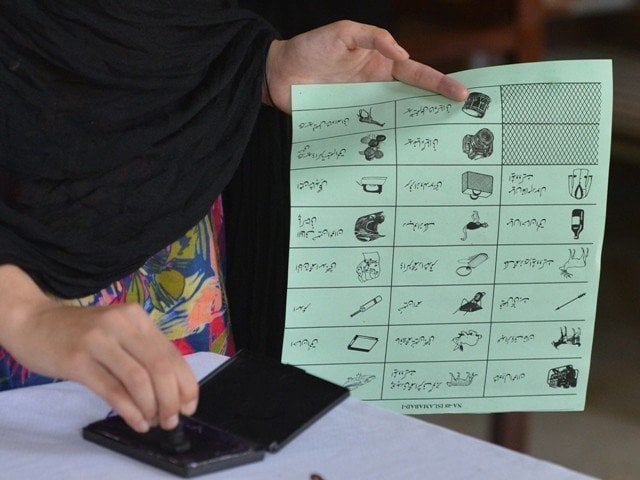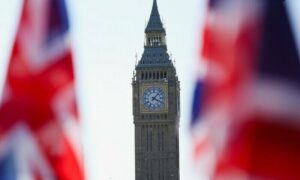LAHORE:
Some activists working for the protection of the environment in Pakistan have claimed that 2,170 tons of paper was used for the preparation of ballots as well as other documents used in the recent general elections in the country and 49,600 trees were chopped down for this purpose.
However, experts said the country did not produce paper itself, but imported it.
They added that Pakistan recycled used paper and cardboard for the polls.
In the 2018 general elections, 800 tons of paper was used for printing the ballots.
This time, the Election Commission of Pakistan (ECP) had estimated that 2,170 tons of paper was required for printing the ballots for this year’s general elections.
Read more: PML-N, PPP agree to cooperate for Pakistan’s stability
According to environmental expert Dr Usman Ali, hardly any paper is produced in Pakistan.
He explained that the country lacked the resources to set up such an industry, adding that Pakistan imported the product because cypress trees were needed to make good quality paper.
Dr Ali elaborated that a country must have 25% trees in terms of its area but Pakistan had less than 4%.
The environmental expert said if 2,170 tons of paper were used for ballots, about 70,000 trees would have been cut down to obtain this amount.
He continued that one ton of paper required 1,700 kilogrammes of wood, 80 tons of water, and 5.7 kilowatts per hour of energy.
Read more: No talks on forming next govt, says MQM-P after PML-N moot
Dr Ali said as the product was imported in Pakistan, used paper as well as cardboard was recycled for the ballots.
He added that the ballot papers for the 2018 elections were also prepared through recycling.
Regarding the environmental effects of paper production, Dr Ali said whether the trees were cut down in Pakistan or in another country, the fact was that the forest area in the world was depleting.
He continued that in this sense, Pakistan was also contributing to carbon emissions.
The expert pointed out that Pakistan needed to control its carbon emissions under Vision 2030.
It should be noted that for the general elections of 2018, some political parties had proposed using electronic voting machines (EVMs) instead of ballot papers.
However, the proposal was rejected even though this method could have saved paper and the vote counting process would have been completed in real time.







